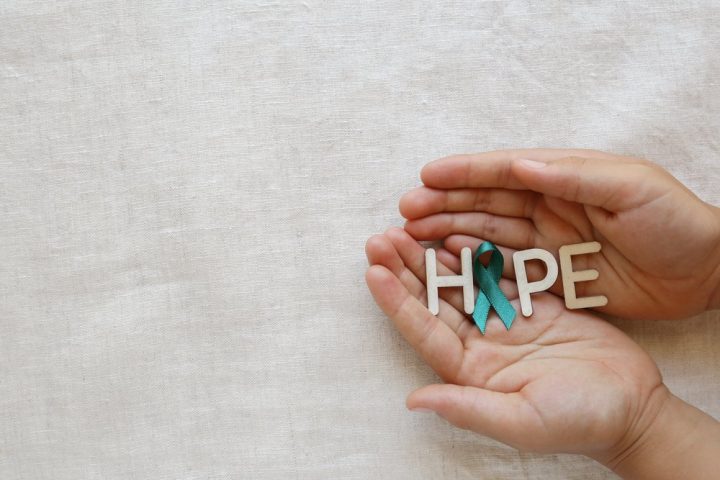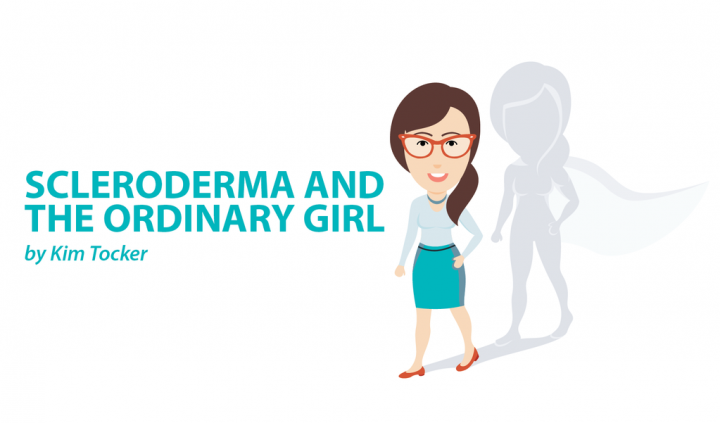Surviving Scleroderma Amid Chaos in My Hometown
Written by |

Photo by Shutterstock Trauma in New Zealand triggers disease symptoms.
Two weeks ago my world was rocked by the mass terrorist shooting in two of our central city mosques here in Christchurch.
In February I wrote a column about finding healing in kindness. Reading back through it makes me very sad. It now feels that my country has lost its innocence. It seems unbelievable that this event not only occurred in New Zealand, but in my home city. One of the peacefully beautiful mosques I drive past regularly on the way to my hospital appointments was a target, the other just yards from a friend’s home.
As I write, the 6 o’clock news has come on, and we are hearing about our Prime Minister Jacinda Ardern. Her humanitarian leadership and the empathetic care she has shown to each of the hundreds of affected families have been amazing. She has been completely guided by her empathy for humankind, for her love for our country and its citizens regardless of ethnicity, belief, or country of origin. Her swiftness in passing new laws to deal with gun ownership loopholes in this country has been impressive. I feel so proud of her.
However, the atrocities have triggered my PTSD and consequently my disease. Life doesn’t feel safe any longer, and I have always highly valued the safety of my city and my country. I have become very unwell, battling with pain and fatigue and noticing a huge increase in my scleroderma symptoms generally.
My issues are minor compared to the awfulness that families and friends of those affected face. However, I want to write about how I am surviving these times. Being chronically unwell does not exclude any of us from facing trauma and devastating events in our lives because of circumstances unrelated to our disease. These types of events can often cause a serious flare-up of symptoms.
Many important things have stood out to me as I notice the way our country’s leader is handling the situation, but two have shone through. I believe these two themes are really important, because I’ve found that I can apply them to help me handle myself when my disease symptoms are triggered by trauma.
Firstly as I mentioned earlier, Prime Minister Ardern immediately stabilized our boundaries by changing the gun laws in order to keep our people safer. When dealing with trauma as a chronically unwell patient, it is really important I attend to my boundaries to keep myself safe from further harm to my body.
This means practicing extra self-care by limiting or shutting out toxic people, situations, or any circumstances that may worsen my symptoms. It also means limiting unhelpful foods and increasing space for more sleep. Attending to boundaries also means adhering to my established routines, which provide a strong scaffold of normality to hold me up. Showering, eating, and medications times are all imperative boundaries that I need to practice to keep myself safe and well.
Secondly, our leader has refused to focus on the alleged perpetrator at all, even declining to use his name. Instead, she concentrates on encouraging an outpouring of love, particularly to our Muslim communities, in her speeches to the nation by carefully including words such as inclusion, kindness, and love.
This is such a beautiful example of the type of thinking that lies behind good self-care. As a scleroderma patient, the way I think about myself is directly connected to the way I treat myself and choose to care for my own well-being. Focusing on the positive aspects of my life rather than the negative turns my outlook to one of hope. Hope can mean the difference between whether I get up to face the day and carry on with life as best I can, or stay in bed and hide.
I am so grateful for our country’s leader during this terrible event, and I am also inspired by her. I will strive to be the best commander-in-chief of myself that I can be. My aim is to manage my scleroderma by setting loving boundaries and tender self-care to make sure I can get myself through these dreadfully rocky times.
***
Note: Scleroderma News is strictly a news and information website about the disease. It does not provide medical advice, diagnosis, or treatment. This content is not intended to be a substitute for professional medical advice, diagnosis, or treatment. Always seek the advice of your physician or other qualified health provider with any questions you may have regarding a medical condition. Never disregard professional medical advice or delay in seeking it because of something you have read on this website. The opinions expressed in this column are not those of Scleroderma News or its parent company, Bionews Services, and are intended to spark discussion about issues pertaining to scleroderma.







Leave a comment
Fill in the required fields to post. Your email address will not be published.